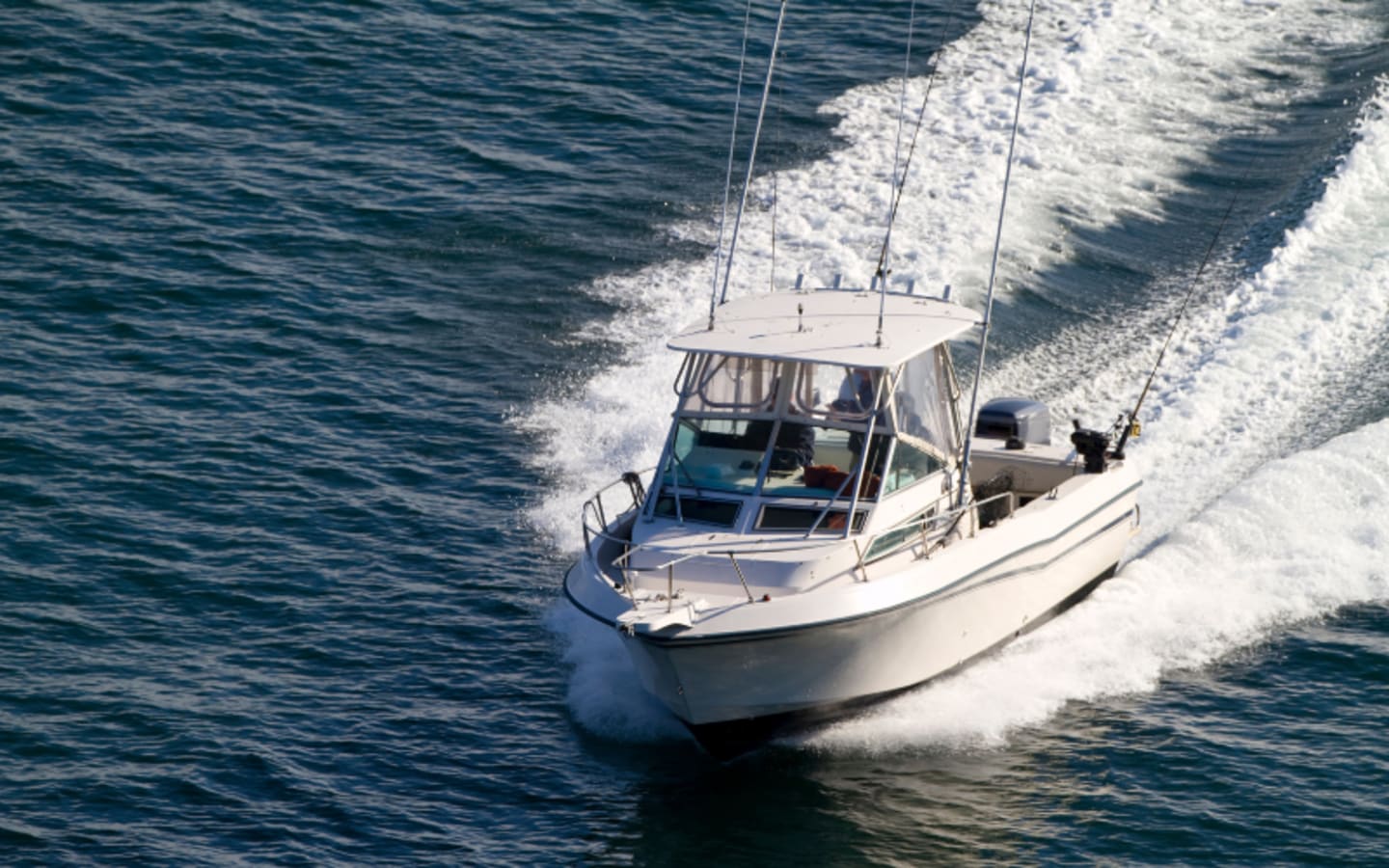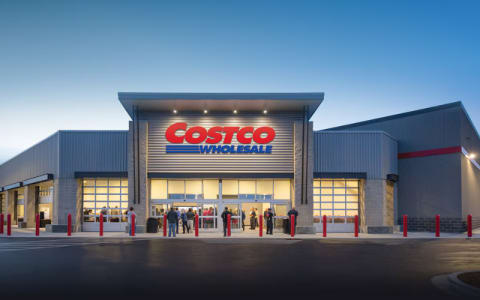In the heart of Wyoming's vast outdoors, where rivers and lakes draw anglers from all walks of life, big shifts are brewing in how commercial fishing boats get regulated. The state's Game and Fish Department recently got a thumbs-up from its Commercial Fishing Boat Advisory Board on a set of updates aimed at making things fairer and more practical for folks running fishing operations. This comes after a close look at what everyday people had to say, and it's all set to hit the table at the upcoming commission meeting.
Back on August 12, the advisory board held a virtual get-together to dig into the proposed tweaks to Chapter 71 regulations. These rules cover everything from how much outfitters pay in fees to how they report their activities and register their boats. Board members, after sifting through a pile of public feedback, decided to back the department's ideas. Their main goal? Keep the program running without breaking the bank for the little guys—the part-time guides and smaller operators who might otherwise get squeezed out.
One big worry that came up time and again in those public comments was the cost. Nobody wants fees jacked up so high that it pushes hardworking folks away from the water. The board agreed unanimously: let's set those fees as low as possible while still covering the basics like admin work. It's about striking that balance so the system pays for itself without turning into a burden. For anyone who's ever run a small boat operation or dreamed of guiding trips on Wyoming's prime fishing spots, this could mean keeping more money in their pockets for gear, fuel, or just getting out there more often.
But it's not just about the dollars. The board tackled some real-world headaches that outfitters face every day. Take boat and trailer registration, for starters. Under the new setup, you wouldn't have to own the equipment outright to register it. That opens the door for borrowing gear from buddies or family, which is a game-changer for operators who don't have a fleet of their own. Imagine gearing up for a busy season without shelling out for extra boats—just use what you can get your hands on and still stay legal.
Then there's the decal situation. Those stickers that prove your boat's registered? The proposal lets you transfer them from one watercraft to another. So if you're only running a couple of boats at a time, you don't end up paying for more registrations than you need. It's smart, flexible stuff that matches how real fishing businesses work, especially for those seasonal or weekend warriors who aren't out there full-time.
And to top it off, they're adding a simple fix for keeping things straight on the water: a dashboard slip. This little piece of paper would show whether a boat's on a commercial gig or just a personal outing. Why bother? Well, it handles issues like borrowed trailers or even if someone messes with the decals. No more guesswork for wardens or worries for operators—it's all right there, clear as day.
All this stems from listening to the people who live and breathe Wyoming's fishing scene. The advisory board didn't just rubber-stamp the department's plans; they shaped them based on what they heard. Concerns about higher costs driving away the mom-and-pop outfits? Addressed. Flexibility for using whatever gear's available? Covered. Ways to prove you're playing by the rules without extra hassle? Sorted.
Now, these recommendations are headed to the Game and Fish Commission for a final look. They'll meet September 9-10 in Lander, and that's where the public gets another shot to weigh in. If you've got skin in the game—whether you're a guide, a hobbyist who hires one now and then, or just someone who values keeping Wyoming's waters accessible—this is the time to speak up. The commission's known for taking input seriously, so expect more fine-tuning if needed.
What does this mean for the future of fishing in the Equality State? For starters, it could help preserve that independent spirit Wyoming's known for. Small operators, often the backbone of local economies in rural spots, might stick around longer. Think about the guides who know every bend in the North Platte or the hidden holes in Flaming Gorge—they're the ones who make trips memorable, sharing stories and tips passed down through generations.
On a broader scale, these changes reflect a push to modernize without overcomplicating things. Wyoming's outdoor heritage is huge, drawing visitors who pump money into lodges, tackle shops, and diners. By easing up on regs that could stifle growth, the state might see more folks getting into commercial fishing, which benefits everyone from the angler chasing trophy trout to the family business supplying bait.
Of course, nothing's set in stone yet. The commission could tweak or even scrap parts based on what they hear in Lander. But the advisory board's stance sends a clear message: keep it affordable, keep it flexible, and keep the focus on the people who make Wyoming's fishing world go round.
For those who've spent years on the water, battling wind and weather for that perfect catch, these updates feel like a nod to common sense. It's not about big overhauls; it's about fixing what ain't broke but could be better. As the leaves start turning and fall fishing ramps up, eyes will be on Lander to see how this plays out. One thing's for sure—Wyoming's aiming to keep its rivers open for business, without pricing out the everyday guy.





